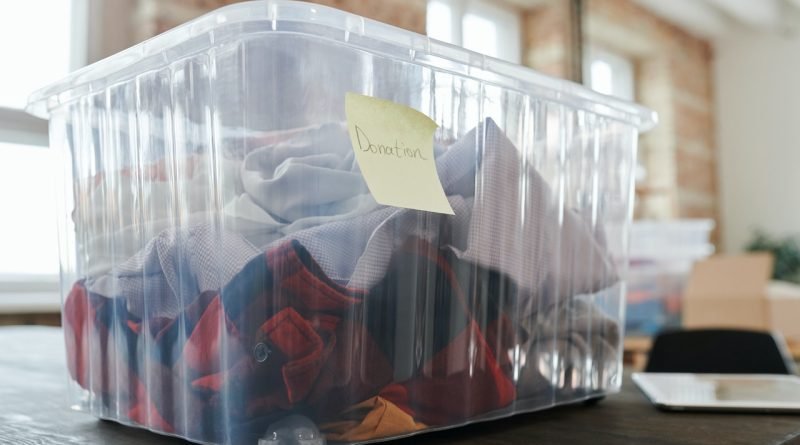Clothes You Should and Shouldn’t Donate
Donating old and outdated clothing to charity is an ideal way to reduce waste in landfills. Charity organizations that accept your clothing donation will put them in thrift stores where they are recycled and put to better use by others who need them more. Since donations and charity items are used for a noble cause, most charities are selective about the clothes they accept. Here is a detailed outline of clothes you should and shouldn’t donate.
Clothes You Should Donate
Some of the clothing items that most charity organizations will accept as donations include:
Clean, Usable Clothing
Charity organizations are interested in clothing others can reuse, meaning you should donate clothes in good condition. This includes clothes that are too tight or no longer fit you but look great and are reusable. All clothes you donate should be clean, making them ready for stocking in a thrift shop. Before you pack up the clothing donations, wash them to get rid of the dust they have gathered in the closet or drawer.
High-End Clothing Items
High-end items like formal dresses, suits, or designer clothes are acceptable at donation centers. While they might have originally cost a fortune, donating them can free up space in your closet. It can also give people the opportunity to dress nicely when they otherwise couldn’t afford such clothing.
Donation centers sometimes set formal clothing aside for charity events and special programs. Donated formal clothing gives the less-fortunate a chance to look sharp at events like prom, weddings, and job interviews.
Out-of-Style Clothing
As you grow older, you may want to change your style. For example, layered shirts and flare-leg pants may have been all the rage when you were a teen, but your style has changed over the years. If you no longer have any use for outdated fashion items but they are still in good condition, donate them! There are countless people who would see new fashion appeal in something you’re no longer excited to wear.
Clothes You Shouldn’t Donate
While donation centers accept many types of clothes from well-wishers, they likely will not accept these items:
Dirty Clothes
Charity organizations want clothes that are ready to go into the new owner’s wardrobe. You should not donate dirty clothes since they are not ready for sale.
Dirty clothes can contain germs or hide defects, which is why they are not accepted. The dirt buildup can cause such clothes to smell, making them unusable. You can instead try cleaning them up to remove the dirt and foul smell before donating.
Torn or Worn-out Clothes
Ripped textiles, missing buttons, or holes in your clothes make them unwearable. Such damage can affect the ability of charity organizations to put them to use, so you should not donate them.
You can instead repurpose the worn-out clothing into rugs or toy covers. Throw away any other items that you cannot repurpose.
Stained Clothes
Stains on clothes can deface the item’s look and make them unusable. For example, an oil or grease patch on your trousers is easily visible, making the clothing item hard to recycle. Unless you can fix the stained cloth without defacing it, you should not donate it.
Undergarments
Due to sanitary concerns, undergarments are among the personal items that donation centers do not accept. Your used underwear can carry germs and bacteria; rejecting these items is the donation center’s way of keeping people safe from disease and infection.
Recalled Clothing
Some manufacturers often recall their products when they notice defects. Textiles that do not meet the right quality standards should be sent back to the manufacturer on request and not end up in donation centers. For example, if the zipper on a dress was sewn incorrectly and is unusable, the dress is not fit to be sold.
Clothes With a Foul Smell
Storing clothes you do not use for a long time can cause them to gather dust and moisture. A buildup might cause mold growth, forcing your clothes to have a musty smell. The foul smell can make these clothes unpleasant, so you should not donate them.
Contaminated Clothes
Jobs like healthcare or pest control can cause your clothes to become contaminated. While such contamination might not stain your clothes, you need to dispose of them. Donating contaminated clothing can increase the chances of infection or bacteria spread.
Drop the Clothing Donation at Your Local Charity
Donating your clothing and other items to charity helps put used goods to better use instead of sending them to landfills. Clothing donation items can house harmful germs and bacteria, so charity organizations are selective about what they accept. Only donate usable clothing to make each item ready to be used by its new owner.




